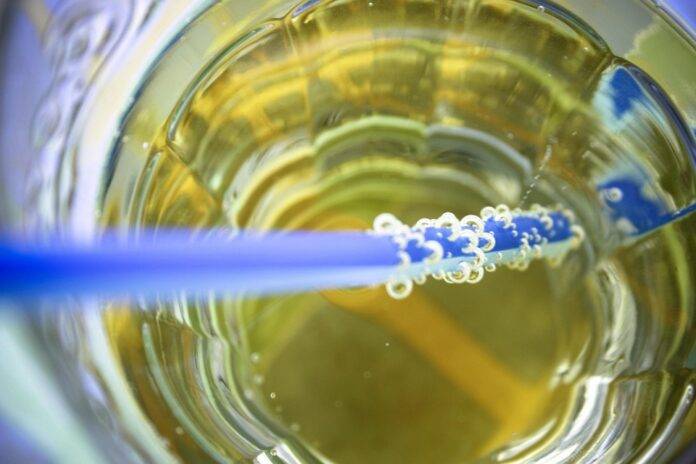The Rise of Eco-Friendly Materials in Beverage Packaging
In recent years, there has been a significant shift in the beverage industry towards more sustainable and eco-friendly packaging solutions. This shift is driven by growing consumer awareness of environmental issues and the need for companies to reduce their carbon footprint. As a result, many beverage companies are now turning to eco-friendly materials to shape the future of beverage packaging.
The Current State of Beverage Packaging
Traditional beverage packaging materials such as plastic, glass, and aluminum have long been the standard in the industry. However, these materials come with a range of environmental drawbacks, including high carbon emissions, limited recyclability, and detrimental effects on marine life. In response to these challenges, beverage companies are now exploring alternative materials that are more sustainable and environmentally friendly.
The Benefits of Eco-Friendly Materials
Eco-friendly materials offer a range of benefits for beverage packaging. These materials are typically biodegradable or recyclable, reducing the amount of waste that ends up in landfills or oceans. Additionally, eco-friendly materials often have a lower carbon footprint than traditional packaging materials, helping companies reduce their overall environmental impact. By using eco-friendly materials, beverage companies can also appeal to environmentally conscious consumers and differentiate themselves in a crowded market.
Industry Insights and Trends
Several key trends are shaping the use of eco-friendly materials in beverage packaging. One trend is the growing popularity of plant-based materials such as bio-plastics and paper-based packaging. These materials are derived from renewable resources and offer a more sustainable alternative to traditional plastics. Another trend is the rise of compostable packaging, which breaks down into organic matter when disposed of properly. These trends are driven by consumer demand for more sustainable packaging options and a greater focus on corporate social responsibility.
Financial Data and Market Size
The market for eco-friendly beverage packaging is rapidly expanding, driven by increasing consumer demand and regulatory pressures. According to a report by Grand View Research, the global sustainable packaging market is expected to reach $399.1 billion by 2027, with a compound annual growth rate of 5.1%. This growth is fueled by the rising adoption of eco-friendly materials in the beverage industry and other sectors. Major beverage companies such as Coca-Cola, PepsiCo, and Nestle are investing heavily in eco-friendly packaging solutions to meet consumer demand and reduce their environmental impact.
Companies Leading the Way
Several companies are at the forefront of using eco-friendly materials in beverage packaging. Coca-Cola, for example, has committed to making all its packaging recyclable by 2025 and using at least 50% recycled materials in its packaging by the same year. The company has also introduced plant-based bottles made from sugarcane and other renewable resources. PepsiCo is another leader in sustainable packaging, with initiatives such as its “Beyond the Bottle” strategy, which aims to reduce the company’s plastic use and increase its use of recycled materials.
Conclusion
In conclusion, eco-friendly materials are playing a crucial role in shaping the future of beverage packaging. By using sustainable materials such as bio-plastics, compostable packaging, and recycled materials, beverage companies can reduce their environmental impact, meet consumer demand for more sustainable products, and differentiate themselves in a competitive market. As the market for eco-friendly packaging continues to grow, companies that embrace these materials will be well-positioned to succeed in the evolving beverage industry.



